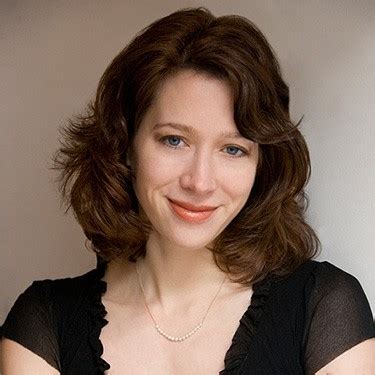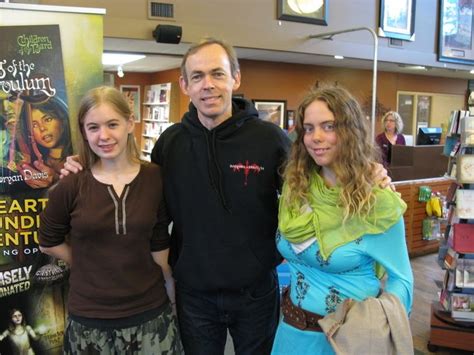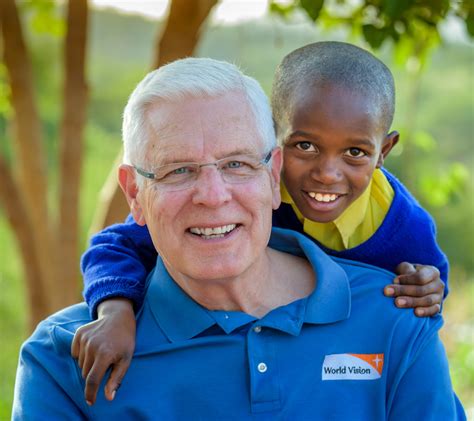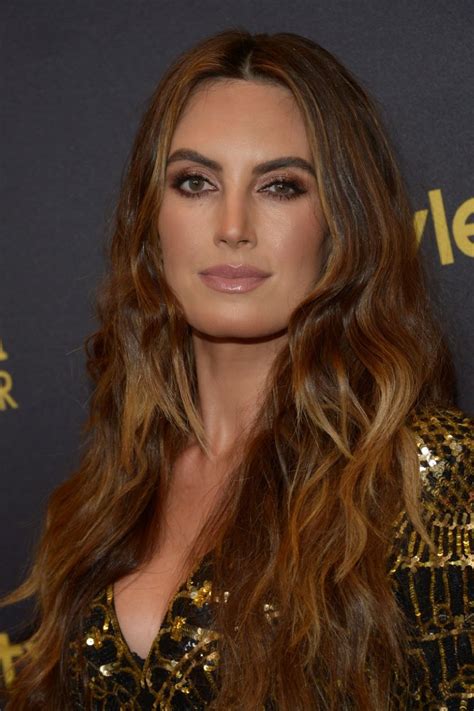A Quote by Maurice Sendak
I believe there is no part of our lives, our adult as well as child life, when we're not fantasizing, but we prefer to relegate fantasy to children, as though it were some tomfoolery only fit for the immature minds of the young. Children do live in fantasy and reality; they move back and forth very easily in a way we no longer remember how to do.
Related Quotes
I'm interested in the parallel narrative of our fantasy lives. How the moment of 'now' that is palpably real, is surrounded by our memories, our dreams and hopes, the stories and connections that our brains make as we navigate a universe of fantasy, or unreality, or surreality. I'm keen to explore this very human experience, how our minds create our own realities, a blend of fact and interpretation of fact.
When a woman is frozen of feeling, when she can no longer feel herself, when her blood, her passion, no longer reach the extremities of her psyche, when she is desperate; then a fantasy life is far more pleasurable than anything else she can set her sights upon. Her little match lights, because they have no wood to burn, instead burn up the psyche as though it were a big dry log. The psyche begins to play tricks on itself; it lives now in the fantasy fire of all yearning fulfilled. This kind of fantasizing is like a lie: If you tell it often enough, you begin to believe it.
I guess one of the most magnificent things a novel can do is to change your perspective on the world, and to give it some sense of wonder, and that's what I find so exciting in writing fantasy, especially fantasy for children. Because already, I think children have a very special and unusual way of seeing the world.
Fantasy stories open our eyes to an unseen world and train our minds to see beyond the visible. In the New Testament context, this is where our real battles are fought. Good fantasy will reveal the hidden powers of evil that threaten the hero's life and upset his journey. Good fantasy focuses on how a hero finds victory when he learns that he can't win by himself, so he submits to the higher power in faith and obedience.
Youth is terrible: it is a stage trod by children in buskins and a variety of costumes mouthing speeches they've memorized and fanatically believe but only half understand. And history is terrible because it so often ends up a playground for the immature; a playground for the young Nero, a playground for the young Bonaparte, a playground for the easily roused mobs of children whose simulated passions and simplistic poses suddenly metamorphose into a catastrophically real reality.
We cannot build on peace on blood. We are still so addicted to this lie. We have this fantasy that we honor the dead by adding to their number. What we need to do is remember that these bodies bury us. This ocean of blood that we create through the fantasy that violence brings virtue drowns us, drowns our children, drowns our future, drowns the world. We have to understand that when we pour these endless young bodies into this pit of death, we follow.
We do the same thing in our own lives, embracing information that supports what we already prefer or vindicates choices we previously made.After all, it feels better to justify our opinions rather than challenge them, to contemplate only the pros and relegate the cons to the back of our minds. However, if we want to make the most of choice, we have to be willing to make ourselves uncomfortable. The question is, if we are willing, how exactly do we go about fortifying ourselves against these biases?







































